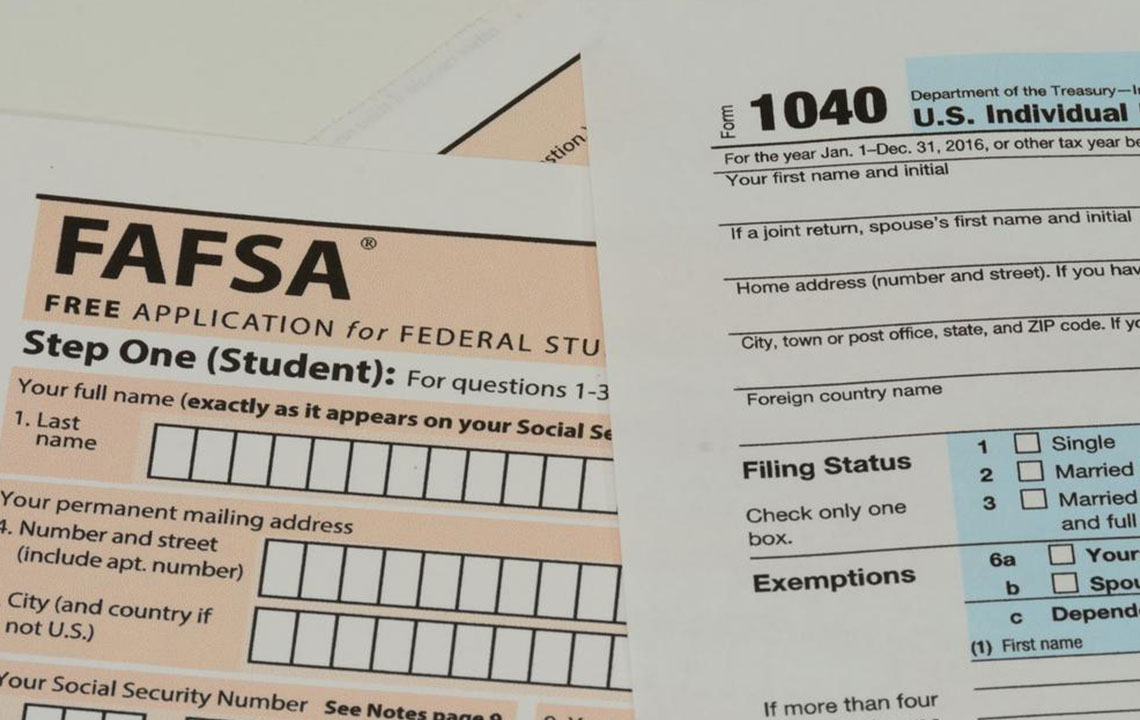Comprehensive Guide to Managing College Finances Effectively
This comprehensive guide offers essential strategies for college students to effectively manage their finances. From creating budgets and leveraging financial aid to practicing frugal living and developing long-term skills, students will learn practical tips to prevent debt and enjoy a stress-free college experience. Understanding and implementing these financial habits early on empowers students for a more secure financial future, making their college years both memorable and financially sustainable.

Comprehensive Guide to Managing College Finances Effectively
Embarking on your college journey is an exciting milestone filled with new experiences, independence, and personal growth. However, it also brings financial responsibilities that, if unmanaged, can lead to stress and hinder your academic and social pursuits. Developing a strong understanding of financial management during your college years is essential for building a stable foundation for your future. This extensive guide provides practical strategies, helpful tips, and actionable advice on how to control college expenses, make the most of your financial aid, and develop lifelong money management skills.
Throughout this article, we will explore vital topics such as creating effective budgets, leveraging available financial assistance, implementing smart spending habits, and adopting frugal living practices. By applying these methods, you will be able to alleviate financial pressure, avoid debt, and focus on achieving your educational and personal goals with confidence.
Developing a Realistic and Sustainable Budget
One of the most fundamental steps in managing college finances is establishing a comprehensive budget. A well-crafted budget helps you understand where your money is going, identify unnecessary expenditures, and prioritize your spending on essentials.
Start by calculating your total sources of income, including part-time jobs, family support, scholarships, and financial aid disbursements. Next, itemize your fixed expenses such as rent, utilities, transportation, and tuition fees, then account for variable costs like groceries, textbooks, and personal supplies. Tracking each expense over time enables you to recognize spending patterns, detect leaks, and adjust accordingly.
Limit discretionary spending on entertainment, dining out, and shopping, and set monthly savings targets. Regularly reviewing and updating your budget ensures it remains realistic and aligned with your financial situation. Practicing disciplined expenditure management can help you avoid impulsive purchases and reduce the temptation to overspend, thereby preventing debt accumulation.
Sticking to your budget becomes easier when you categorize your expenses properly and set clear financial goals. Keeping a detailed record of your spending habits brings greater awareness of your financial health and motivates responsible decision-making. Setting aside money for savings, emergencies, and future investments should be integral parts of your financial strategy.
Maximizing Financial Aid and Assistance Programs
Financial aid options such as scholarships, grants, and student loans play a crucial role in reducing your college expenses. It’s vital to research and apply for all relevant scholarships and grants, which do not require repayment and can significantly offset your costs. When considering student loans, carefully evaluate the terms, interest rates, and repayment plans to ensure you borrow responsibly and avoid future financial strain.
Be strategic in your borrowing. Use loan funds primarily for essential expenses like tuition, textbooks, and housing, rather than leisure or luxury items. Many students also benefit from using cost-saving alternatives such as biking or walking to class, utilizing public transportation, or sharing rides. These efforts can reduce transportation costs substantially.
Always stay informed about your financial aid status and explore additional options if needed. Many institutions offer part-time work opportunities or work-study programs that can supplement your income without interfering with your studies. Proper management of financial aid resources ensures a smoother college experience and prevents overwhelming debt later on.
The Envelope Budgeting Method: A Simple yet Effective Technique
The envelope budgeting method involves dividing your cash into designated envelopes for specific categories such as groceries, entertainment, clothing, and emergencies. Once the money in an envelope is depleted, you refrain from spending more in that category until the next budgeting period. This technique enforces discipline and helps you stay within your financial limits.
Using envelopes provides tangible control over your cash flow, making spending more intentional and transparent. It’s especially useful for students who prefer cash over digital transactions and want to avoid falling into overdraft or credit card debt.
Living Frugally Without Sacrificing the College Experience
Practicing frugal living is about making wise financial choices that allow you to enjoy your college years without the stress of overspending. It involves prioritizing necessities, seeking affordable alternatives, and being mindful of your expenses.
Avoid impulsive purchases or splurging on trendy gadgets, clothing, or dining out without consideration. Look for discounts, student deals, and secondhand options when shopping for textbooks, clothing, or electronics. Sharing accommodations, cooking at home instead of eating out, and utilizing free campus events are excellent ways to cut costs while still enriching your college experience.
Adopting frugal habits today fosters financial independence and discipline, skills that will serve you well beyond college. Saving money now provides more flexibility for future investments, travel, or emergencies.
The Importance of Developing Long-Term Financial Skills
Effective financial management during college sets the stage for responsible money habits in adulthood. Learning to budget, save, and make informed financial decisions early in life enhances your overall financial literacy and stability.
While financial literacy is often overlooked in traditional curricula, acquiring these skills through self-education, workshops, or consultations with financial advisors empowers you to navigate complex financial landscapes confidently. Building a robust foundation now prepares you for future financial responsibilities such as student debt repayment, saving for retirement, and investing wisely.
The journey to financial independence is ongoing, but college provides an excellent opportunity to cultivate habits that will benefit you throughout your life. Remember, responsible financial management is a key component of overall well-being and success.





